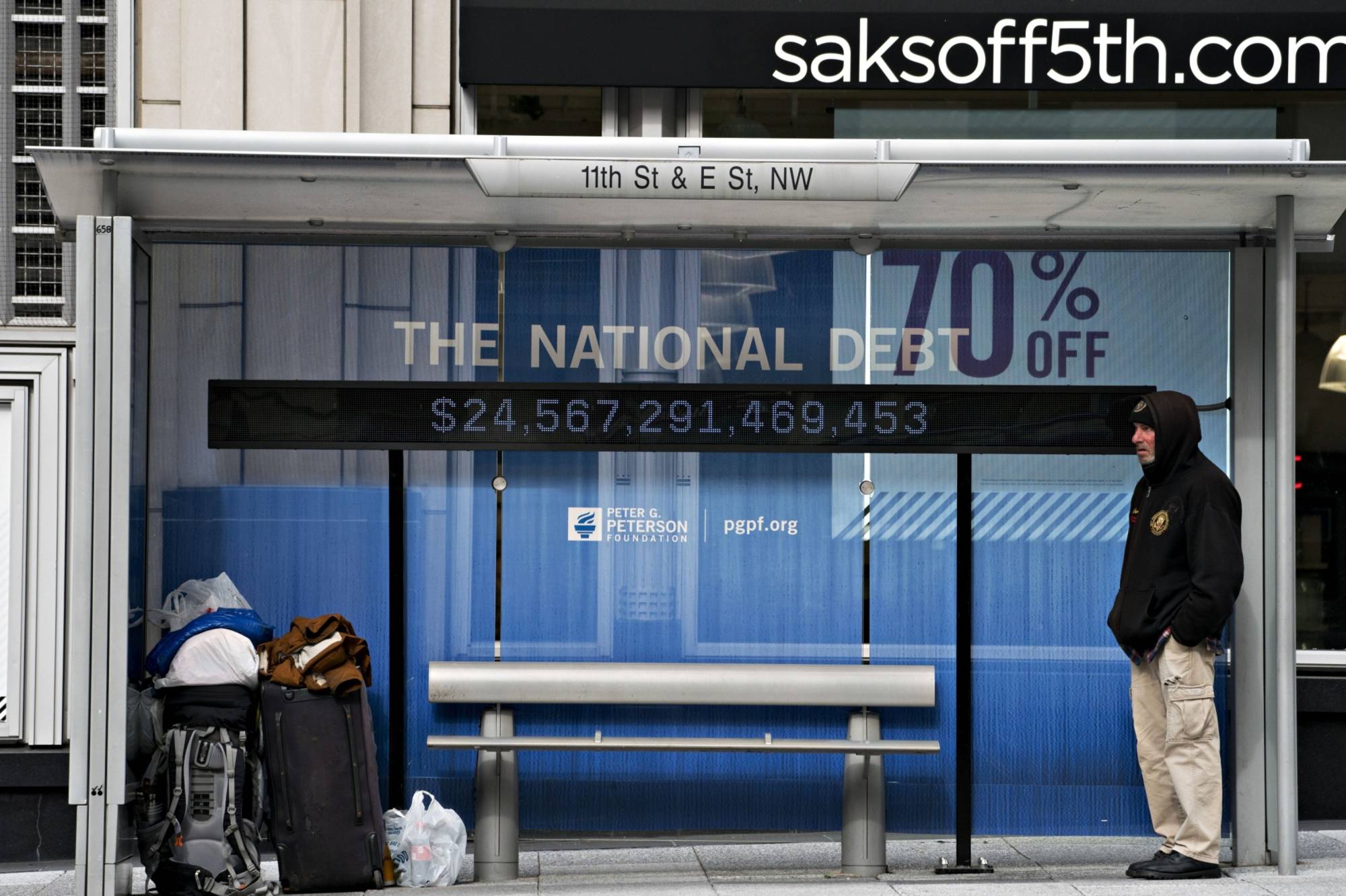Once ideas about how to manage the economy become entrenched, it can take generations to dislodge them. Something big usually has to happen to jolt policy onto a different track. Something like COVID-19.
In 2020, when the pandemic hit and economies around the world went into lockdown, policymakers effectively short-circuited the business cycle without thinking twice. In the U.S. in particular, a blitz of public spending pulled the economy out of the deepest slump on record — faster than almost anyone expected — and put it on the verge of a boom. The result could be a tectonic transformation of economic theory and practice.
The Great Recession that followed the crash of 2008 had already triggered a rethink. But the overall approach — the framework in place since President Ronald Reagan and Federal Reserve Chair Paul Volcker steered U.S. economic policy in the 1980s — emerged relatively intact. Roughly speaking, that approach placed a priority on curbing inflation and managing the pace of economic growth by adjusting the cost of private borrowing rather than by spending public money.


















With your current subscription plan you can comment on stories. However, before writing your first comment, please create a display name in the Profile section of your subscriber account page.